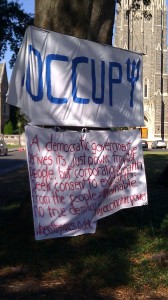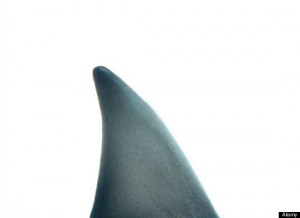From a forthcoming paper by Attanasio et al. in the Economic Journal:
We study food Engel curves amongst the poor population targeted by a conditional cash transfer program in Colombia. After controlling for the endogeneity of total consumption and for the price variability across villages, our estimates imply that an increase in consumption by 10 percent would lead to a decrease of 1 percent in the share of food. However, quasi-experimental estimates of the impact of the program show that the share of food increases. This result is not inconsistent with the hypothesis that the program could increase the bargaining power of women, inducing a more than proportional increase in food consumption.


